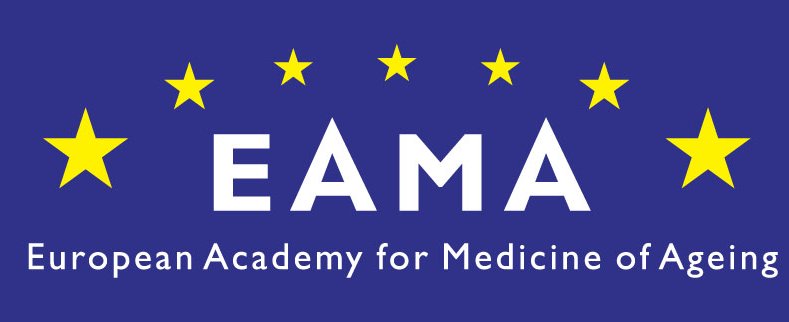The British Geriatrics Society is delighted to announce that the opportunity is now open to apply for funding for the European Academy for Medicine of Ageing (EAMA) 2024-2026 course. The EAMA course is a prestigious opportunity for geriatricians on a path to leadership within the discipline to learn with their international peers.
BGS will consider full support with the course fees for two exceptional candidates or partial funding for four exceptional candidates who have raised or commit to raising funds elsewhere to part-fund 50% of the course fees.
Criteria (please read)
Essential
- You must be a BGS member to apply.
- You must have an NTN in geriatric medicine; be currently working towards a CESR in geriatric medicine; or be a new Consultant within 10 years of CCT.
Desirable
- You can demonstrate contributions in the field of research, quality improvement and service development, or medical leadership.
- You have (previously or currently) played an active role in the BGS at a regional or national level.
Conditions of the award
- This is a competitive process, and only the most exceptional candidate/s will be selected.
- The process involves completing the BGS application form, which must be signed by both the applicant and her/his Training Programme Director (TPD) or Head of Service, and submitted with a tailored CV by the deadline of midnight 21 April 2023 to j.gough@bgs.org.uk
- Any BGS support is conditional upon a subsequent, successful application by the applicant to EAMA for a place on the 2024-2026 course. If the applicant fails to secure a place on the course, the BGS offer of support will be void.
- BGS support will be for some or all of the course fees. The course fee includes accommodation. The ability to raise funds elsewhere to part-fund 50% of the course fees will be taken into consideration in the judging.
- BGS support will not cover any travel or other expenses.
- A key judging criterion will be to convince the panel that you have credible means of sharing your learning from the course with the rest of the BGS membership.
- Any BGS award will be conditional upon the applicant agreeing to repay the grant to BGS in full if s/he fails to complete the course.
EAMA students are expected to
- Acquire skills in the identification of learning gaps and setting priorities within different geriatric topics, as well as in the formulation of important messages
- Lead discussions and present information with the use of the most recent and appropriate teaching technology
- Generate new research ideas and develop abilities for data gathering and critical data interpretation.
Examples of selection criteria for the EAMA
- Category 1: Medical staff with a PhD degree and experience in clinical work, research and education of students of departments for geriatric medicine of university hospitals.
- Category 2: Medical staff with a PhD degree and experience in clinical work and participating in the training of geriatricians in departments for geriatric medicine of general hospitals with specialist training facilities.
- Category 3: Medical staff preparing a PhD degree and experience in clinical work, research and education of students of departments for geriatric medicine of university hospitals.
- Category 4: Medical staff without a PhD degree, but with experience in clinical work and participating in the training of geriatricians in departments for geriatric medicine of general hospitals with specialist training facilities*
- Category 5: Medical staff with a PhD degree and with experience in clinical work in departments for geriatric medicine of general hospitals without specialist training facilities.
*Whilst we welcome candidates with, or studying towards, a PhD, we would also like to highlight the importance of category 4, which is designed to encourage leaders, or future leaders, without a PhD to participate in the programme.
More information on the course
More information on the course can be found here. Please note that EAMA will be updating their webpage with details of the 2024-2026 course soon, however the link will give applicants an idea on EAMA and the course.
The European Academy for Medicine of Ageing (EAMA): Advanced Postgraduate Course
The EAMA’s goals are to:
- Improve knowledge and skills in geriatric medicine for junior faculty members and promising candidates for future teachers in geriatrics
- Attune the attitudes and goals of future opinion leaders in geriatric medicine throughout Europe
- Establish a network among medical doctors responsible for the care of elderly persons and those responsible for student instruction
- Develop new ideas for geriatric health programmes and harmonise practices
- Encourage scientific interest in gerontology and geriatrics at local, national and international levels.

